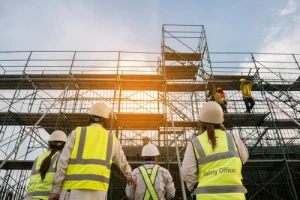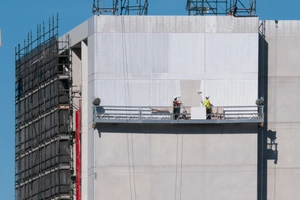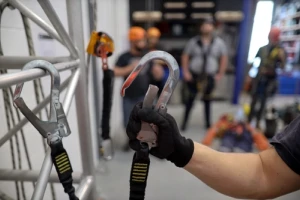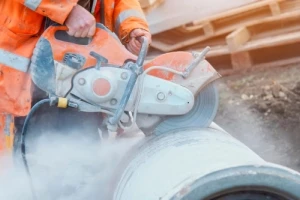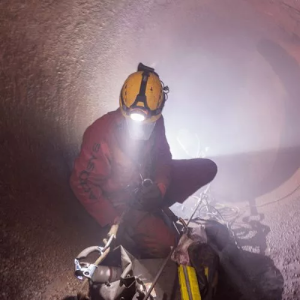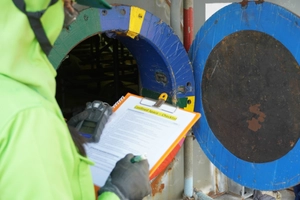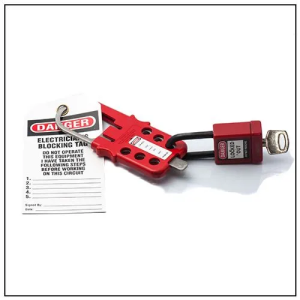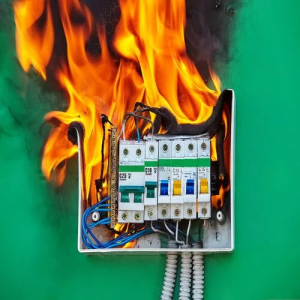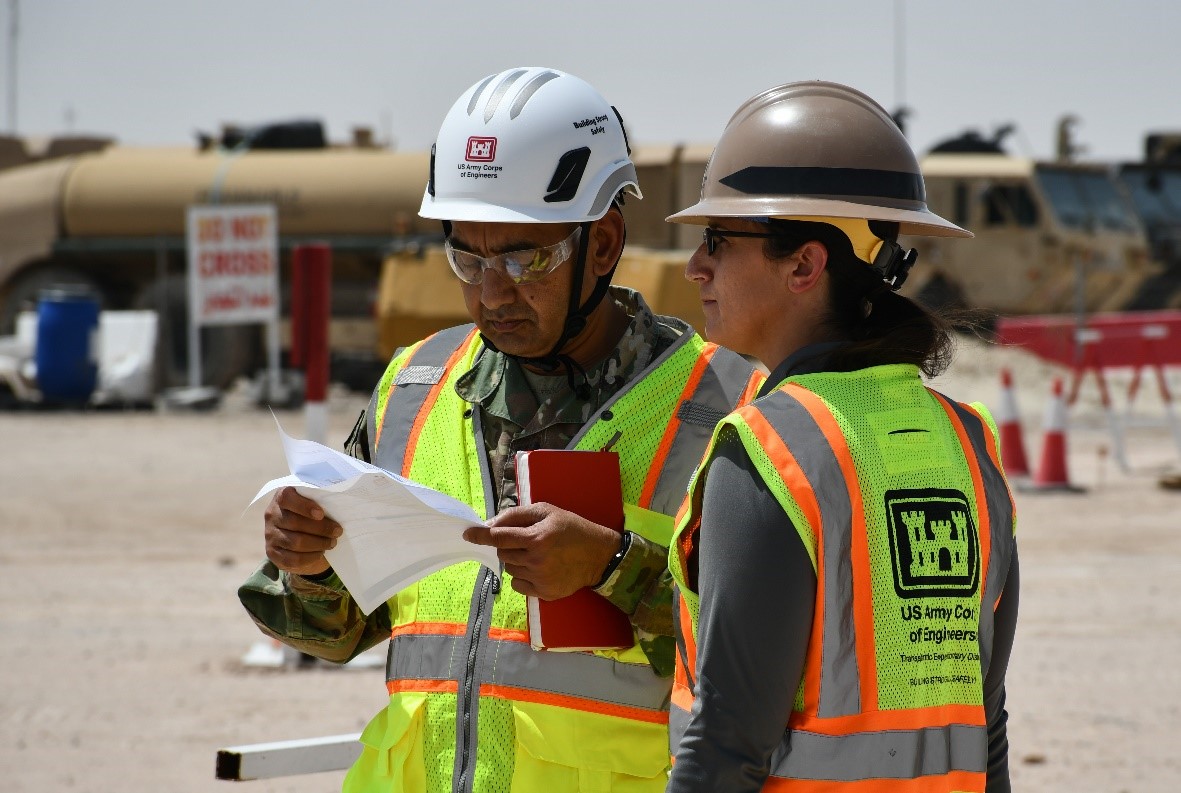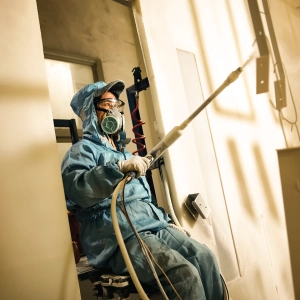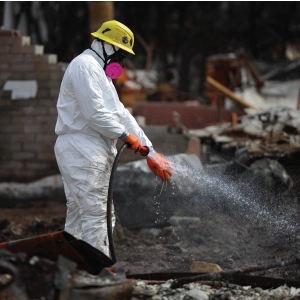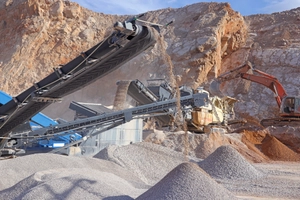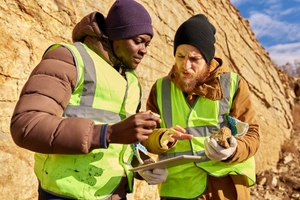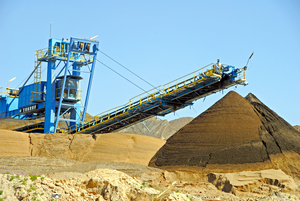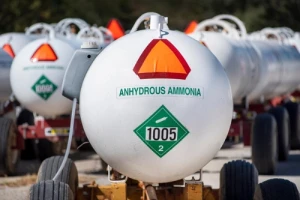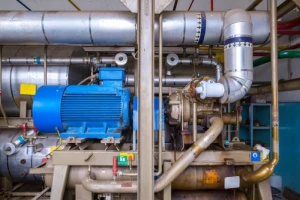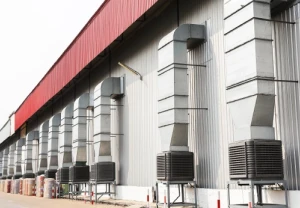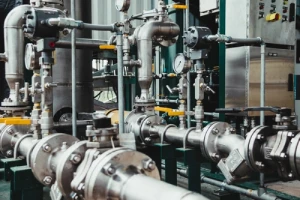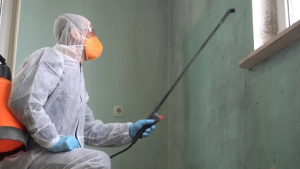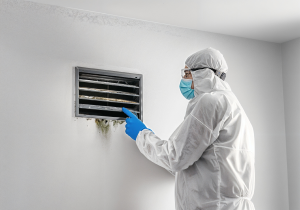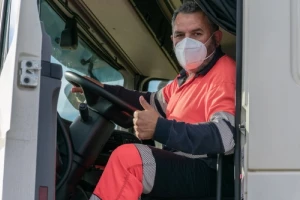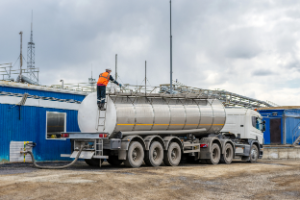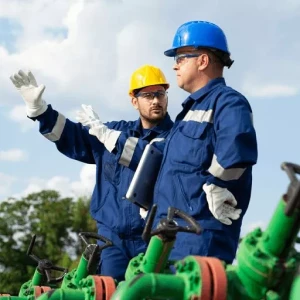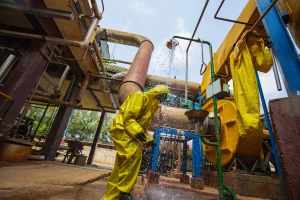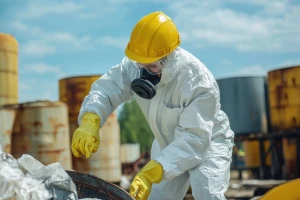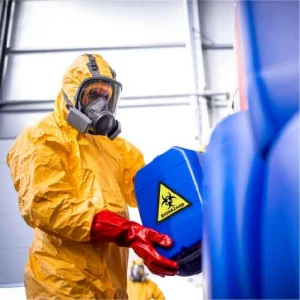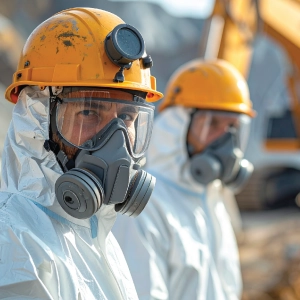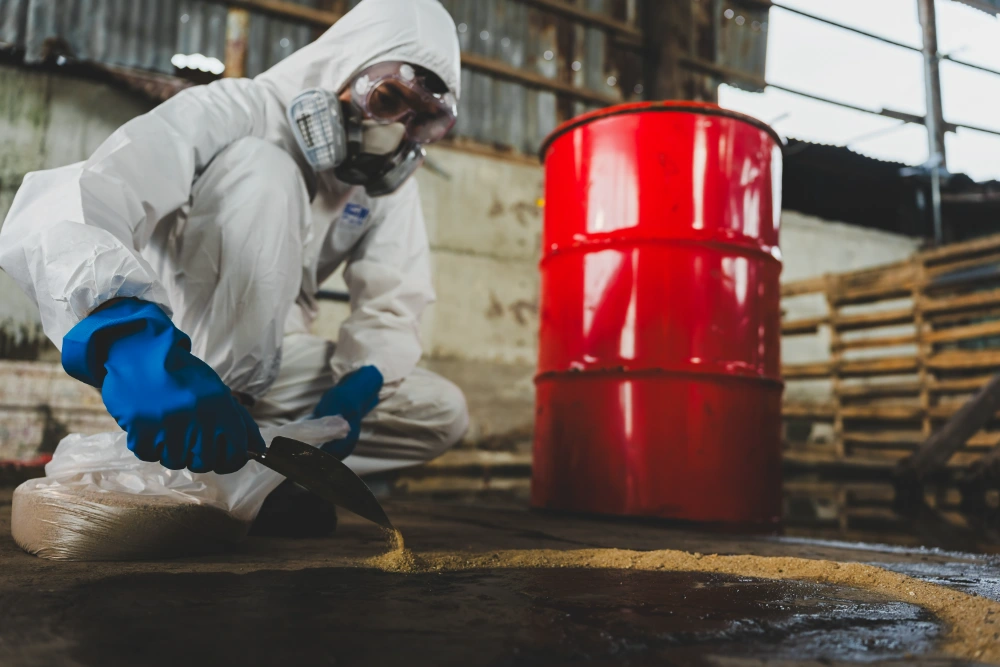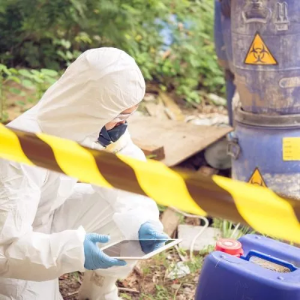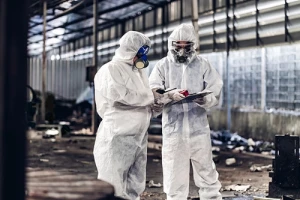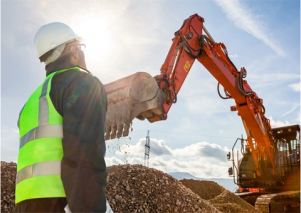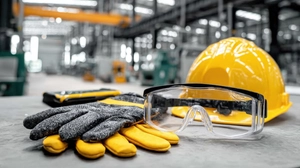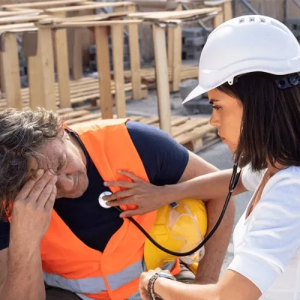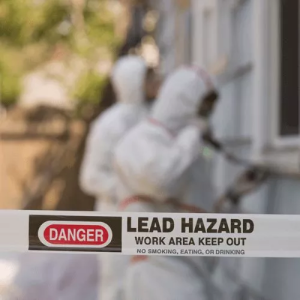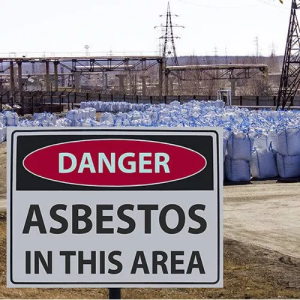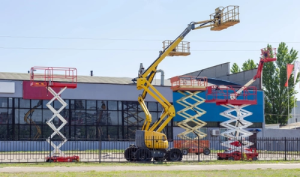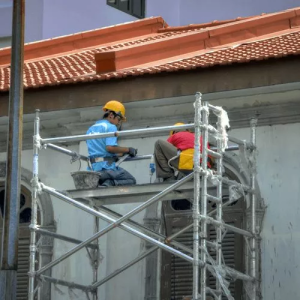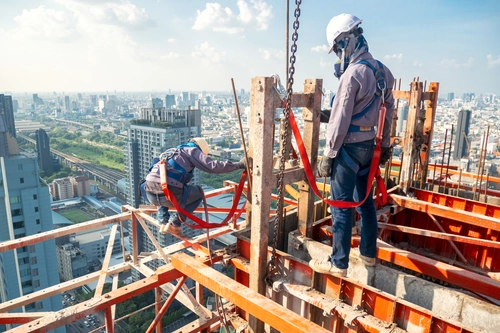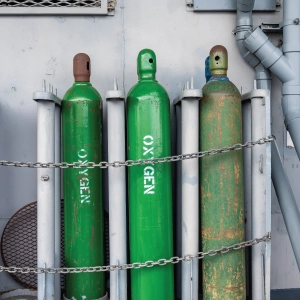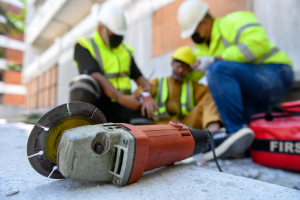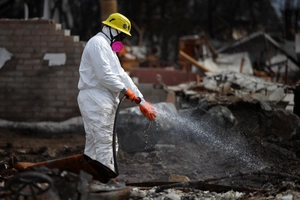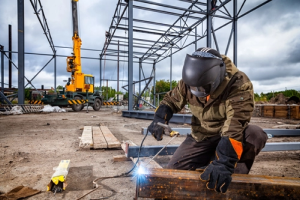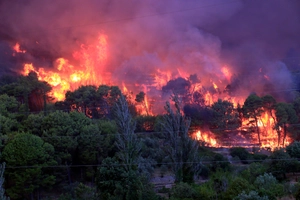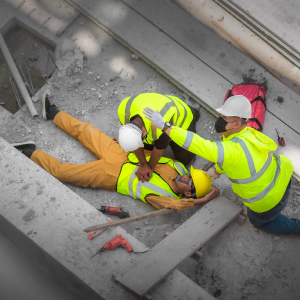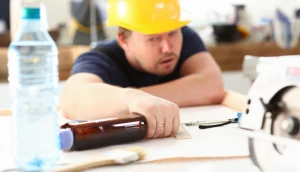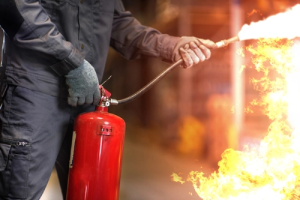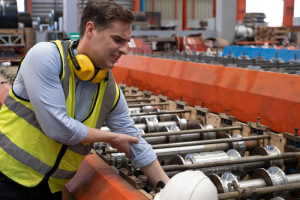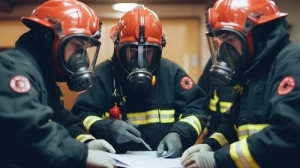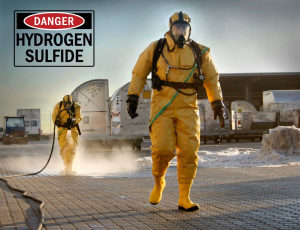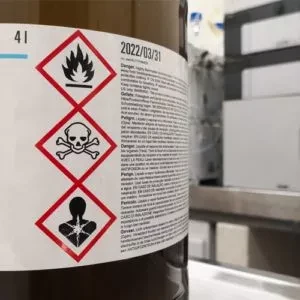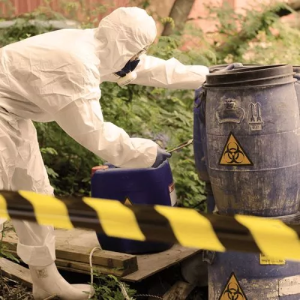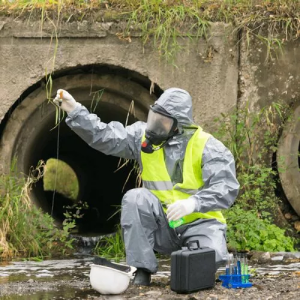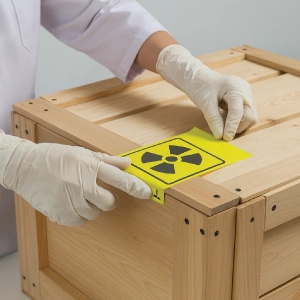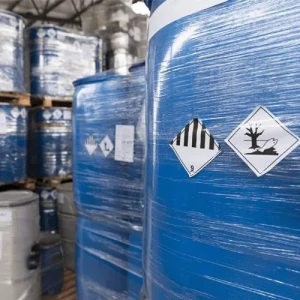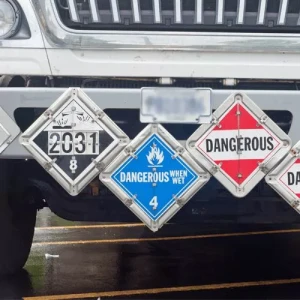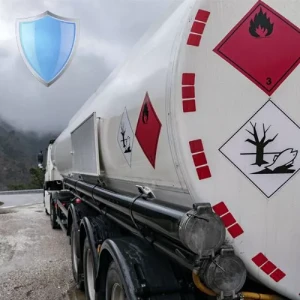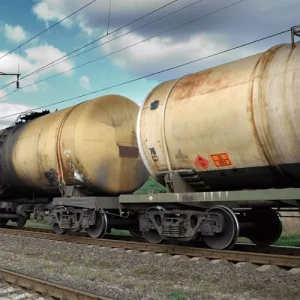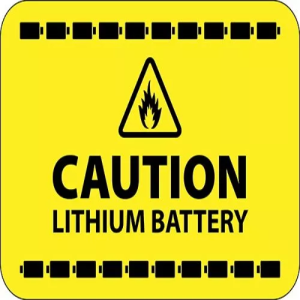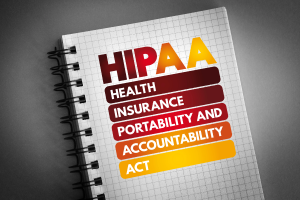OSHA Steel Erection Safety Training
- In accordance with Federal OSHA Standards 29 CFR 1926 Subpart R
- Prepares workers to identify and control steel erection hazards by using safe workplaces practices such as fall protection, hoisting, and rigging
- Available in:
 English |
English |  Español
Español - Accessible anytime from desktop, laptop, tablet, or mobile device
- Download your training certificate immediately upon successful completion of the training
- Offered in flexible formats: SCORM package, online modules, live virtual sessions, or classroom training
0.2
Bulk Buying
| Employee | Per Seat |
|---|---|
| 2-10 | $59.39 |
| 11-20 | $58.79 |
| 21-50 | $58.19 |
| 51-100 | $56.99 |
| 101-250 | $55.79 |
Course Facts
Training Duration
Learning Type
Course Access Validity
Device Support
Certificate Validity
Our OSHA Steel Erection Safety Training course will equip employees with the knowledge necessary for safe work practices during steel erection operations. The training covers the requirements of OSHA’s Construction Industry Standard, 29 CFR 1926 Subpart R, and its application while undertaking steel work at a construction site. It focuses on hazard identification, safe erection practices, fall protection, steel assembly, and emergency response, allowing participants to ensure compliance while safeguarding lives and preventing costly incidents. The course emphasizes the importance of pre-erection planning, hazard identification, and site preparation to maintain a safe work environment.
Why is Steel Erection Safety Training Important?
Steel erection is among the ten most hazardous occupations based on Bureau of Labor Statistics (BLS) fatality records year after year. America's 56,000 steel erectors face approximately 35 fatal accidents every year, resulting in one fatality for every 1,600 workers. OSHA estimates that following 29 CFR 1926 Subpart R could avoid 30 of these fatalities and almost 1,150 lost-workday injuries annually.
Why Choose OSHA Steel Erection Safety Training?
- Focused on the specific hazards and safety requirements of steel erection under OSHA standard 29 CFR 1926 Subpart R.
- Developed with input from industry experts and safety professionals who have experience in steel erection projects.
- Covers practical procedures including hoisting, rigging, fall protection, assembly, and dismantling.
- Designed to improve both technical knowledge and on-site decision-making for safer steel erection operations.
What You'll Learn
- Ability to identify and manage risks related to steel erection operations.
- Proper selection and installation of fall protection systems to prevent falls and ensure compliance.
- Practices for safe structural steel placement, bracing, and connection methods.
- Protecting the lives of workers by establishing sound safety systems and emergency response protocols.
Who Should Enroll?
- Steel erectors, ironworkers, and structural steel assembly crews.
- Construction foremen and supervisors in charge of steel erection operations.
- Safety officers and compliance specialists charged with implementing OSHA 29 CFR 1926 Subpart R requirements.
- Contractors and project managers who want to achieve safe, compliant steel erection operations.
OSHA Steel Erection Safety Course Syllabus
This OSHA Steel Erection Safety Training consists of 7 lessons divided into 2 modules. Students are required to complete each lesson in the sequential order listed below.
Introduction
Lesson 1: Introduction to Steel Erection Safety
Steel erection is one of the most hazardous construction activities, involving unique risks such as falls from heights, improper rigging, and structural instability. OSHA’s 29 CFR 1926 Subpart R sets specific standards to protect workers in this field. This lesson puts into perspective the key safety requirements, importance of training, and the responsibilities of workers, supervisors, and safety officers in ensuring a safe steel erection process on a construction site.
Lesson 2: Pre-Erection Planning and Site Preparation
Pre-erection planning and site preparation are crucial for ensuring a safe and efficient steel erection process. This lesson focuses on this process, which includes site surveys, hazard identification, and risk assessments, along with careful scheduling of equipment and material deliveries. A well-structured site layout and controlled access help maintain safety, reduce delays, and prevent accidents during construction.
Lesson 3: Hoisting and Rigging Operations
Lesson 3 will introduce you to the essentials of hoisting and rigging in steel erection, focusing on how to safely lift, move, and secure heavy loads. You will learn about the use of cranes, hoists, and slings, as well as proper rigging techniques to maintain stability. The lesson will also highlight the importance of safety regulations, equipment inspections, and effective communication to prevent accidents and ensure smooth operations.
Lesson 4: Steel Erection Procedures
This lesson explores the steel erection process, a critical stage in building strong and stable structures. You will learn how columns, beams, rafters, and other components are assembled to form the framework. The lesson will also explain vertical erection (columns and trusses) and horizontal erection (beams, girders, and decking), emphasizing the importance of proper sequencing to ensure safety, integrity, and efficiency.
Lesson 5: Fall Protection Systems
This lesson highlights the importance of fall protection in steel erection, where workers face significant risks while operating at heights. You will learn about OSHA requirements, the use of guardrails, safety nets, and personal fall arrest systems, as well as best practices for selecting and inspecting equipment. The lesson will also cover rescue procedures to ensure workers’ safety in the event of a fall.
Lesson 6: Steel Assembly
This lesson introduces you to the process of steel assembly, where beams, columns, and connecting elements are joined to form stable structural frameworks. You will learn about system-engineered metal buildings, safe assembly procedures, proper use of equipment, and the role of team coordination in ensuring efficiency and structural integrity. The lesson will also cover common connection methods, such as bolting and welding, with a focus on OSHA-compliant practices.
Lesson 7: Dismantling Procedures and Emergency Response
This lesson explains the process of dismantling steel components, focusing on how structures should be safely and efficiently disassembled for remodeling, relocation, or closure. You will learn about common hazards, control measures, and the importance of minimizing environmental impact. The lesson will also highlight the role of Emergency Action Plans (EAPs) and first aid procedures in ensuring worker safety during dismantling operations.
Final Examination
Frequently Asked Questions
This Steel Erector Training Course is important as it:
- Emphasizes pre-erection planning, site surveys, and hazard identification to prevent accidents.
- Trains on safe hoisting, rigging, and communication practices for load handling.
- Outlines proper sequencing and procedures for safe steel erection and assembly.
- Reinforces safe dismantling methods, hazard control, and emergency response.
- Our training is aligned with current Federal OSHA regulations for steel erection, 29 CFR 1926 Subpart R.
- It empowers workers with the capability to recognize and manage hazards at each phase of steel erection, from site preparation to final decking.
- It emphasizes the need for stability using correct bracing, guying, and anchor installation to avoid collapses.
- Equips participants to respond to job site emergencies such as falls, collapse, or equipment failure.
- Steel erectors, ironworkers, and crews involved in structural steel installation.
- Construction supervisors and foremen for steel erection operations.
- Safety officers and compliance staff.
- Contractors and project managers who aim to deliver safe and compliant steel erection operations.
OSHA does not mandate a specific “refresher training” schedule for Steel Erection Safety Training. However, refresher or additional training is required whenever:
- A worker’s job duties change, and new hazards are introduced.
- New equipment, processes, and/or safety standards are implemented.
- An employee demonstrates a lack of understanding or is involved in an unsafe act.
- Site conditions present new or previously unrecognized hazards.
However, considering the hazards involved, many employers choose to train their workers annually. This is a recommendation we also carry forward.
This course meets and exceeds the compliance requirements outlined in OSHA Standard 29 CFR 1926 Subpart R.
Certificate of Completion: Immediately after passing the final exam, you can download, save, or print your certificate in PDF format.
Validity: The certificate will expire in one year.
Renewal: Complete this course within 12 months to maintain compliance and improve worksite safety with the most relevant knowledge on steel erection at construction sites.
COURSE OBJECTIVES
This training course meets and exceeds the regulatory requirements as set out by Federal OSHA Standard 29 CFR 1926 Subpart R. It will teach learners about the safe procedures for steel erection, including hoisting, rigging, steel assembly, and fall prevention.
Course Objectives
- Describe OSHA's role in ensuring steel erection safety.
- Identify and explain OSHA standards for steel erectors and steel erection assembly requirements.
- Recognize typical steel erection hazards and implement measures to mitigate the risks associated with these hazards.
- Implement a pre-erection plan that incorporates hazard identification, site preparation, and material handling for OSHA steel erection.
- Recognize and apply fall protection for steel erectors in the form of guardrails, personal fall arrest systems, and safety nets.
- Understand safe hoisting and rigging procedures to avoid accidents during steel erection.
- Illustrate safe installation procedures for steel beams, columns, and trusses.
- Highlight the significance of coordinated efforts by the team and effective communication in steel erection.
- Understand emergency response procedures, such as first aid, CPR, and evacuation procedures, for steel erection incidents.
- Comprehend and apply safe dismantling practices.
Choose Your Ideal Training Format:



Virtual Instructor-Led
$199.00/Seat

Client-Site In-Person
$750.00/Seat
As a site supervisor, this course was essential for me. It showed me how to identify hazards, enforce safety rules, and manage emergencies effectively. The training was clear and directly related to my daily work. I feel better prepared to keep my employees safe when they are doing steel erection work.
This training gave me a better understanding of OSHA standards for steel erection and fall protection. This course is a must for anyone overseeing safety when doing steel work at sites.
This course helped me grasp key safety protocols for steel erection projects. From fall protection to site inspections, everything I learned was useful right away. It is essential for anyone responsible for construction safety.
The course was practical and relevant to my daily work. It provided me with the knowledge to work safely on steel structures. I feel more confident in my ability to stay safe. I highly recommend it.
The ROI of Online Safety Training
Discover the value of our efficient alternative to live training, and calculate your return on investment.
ROI Calculator

Recommended Courses
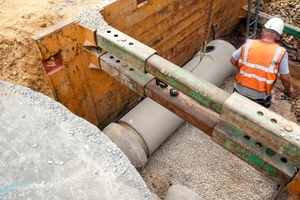

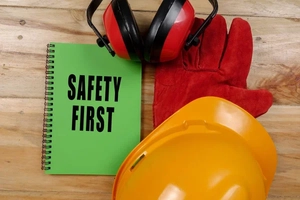



For Corporate Orders and Inquiries please reach out to our sales team at (310) 498-0546
By signing up you agree to receive marketing emails.
Be assured we will never spam you!
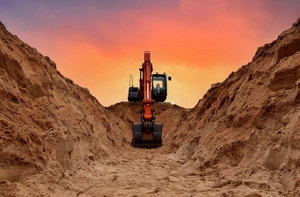
 EN
EN ES
ES
